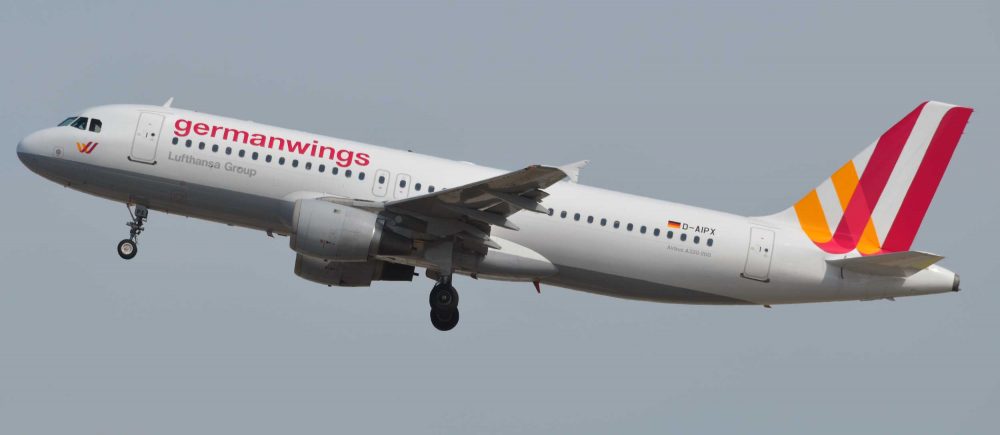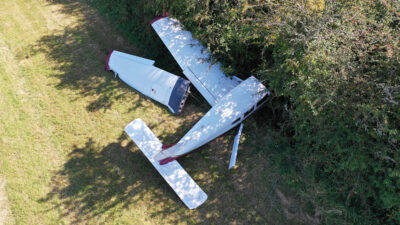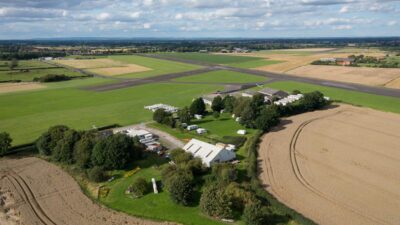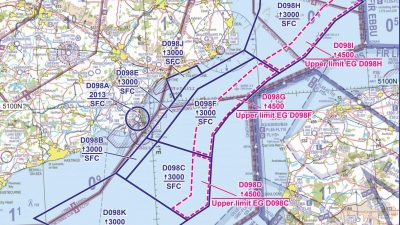EASA has proposed a tougher set of rules concerning the medical fitness of commercial pilots, as part of its Action Plan following the Germanwings Flight 9525 crash in March 2015.
In that incident, the First Officer barricaded himself inside the cockpit and crashed an Airbus A320 airliner into the Alps, killing all 150 people onboard. It’s since come to light that the pilot had suffered severe depression, and had researched suicide methods and concealed an illness from his employer.
The new proposals call for a tougher Class 1 medical, required to become a commercial pilot. EASA is proposing screening for drugs and alcohol and a comprehensive mental health assessment as well as an improved follow-up in case of medical history of psychiatric conditions.
In addition, the proposals say:
- Aero-medical centres (AeMCs) and aero-medical examiners (AMEs) to report to the competent authority all incomplete medical assessments, thus preventing fraud attempts
- To increase the quality of the aero-medical examinations by improving the training, oversight and competency assessment of the AMEs
- For the holders of medical certificates to return them to the licensing authority in case of suspension and revocation of their medical certificates.
These proposals have been subject to consultation with all concerned stakeholders. They address relevant safety recommendations made after the Flight 9525 accident by the EASA-led Task Force, as well as by the French “Bureau d’Enquêtes et d’Analyses” (BEA).
The EASA Opinion (Opinion 09/2016) also includes a broader update of Part-MED, aimed at keeping the rules up-to-date with latest developments in the field of medicine and filling any gaps identified through the operational experience.
EASA Class I medical opinion












